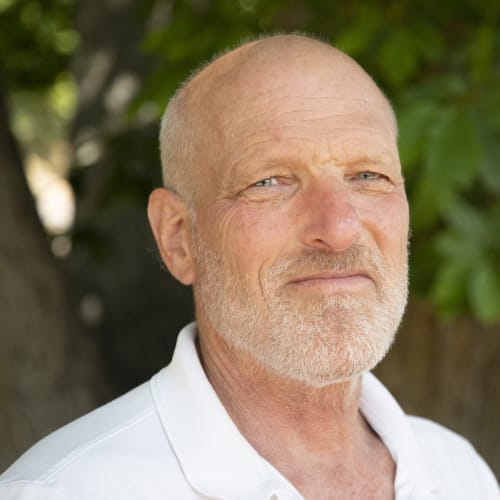Dharma teachings importantly emphasise suffering, compassion, renunciation, desire, non-reactivity, peacefulness. All these are potent themes, yet ones which can make our practice feel overly heavy, unnecessarily serious, maybe even uptight!
Dharma practice equally points us towards a playful nature, light-heartedness and ease, delight and the capacity to really enjoy life. Especially when we can get bogged down in the circumstantial reality of both our personal struggles and of world affairs, we need uplift for the heart. Joy as resilience. A buoyant heart, that though it may get pushed under, cannot be sunk.
In this class, our founding teacher Martin reflects on ways to cultivate that buoyancy, to explore our capacity for pleasure, to enjoy the gift of life.








Discussion